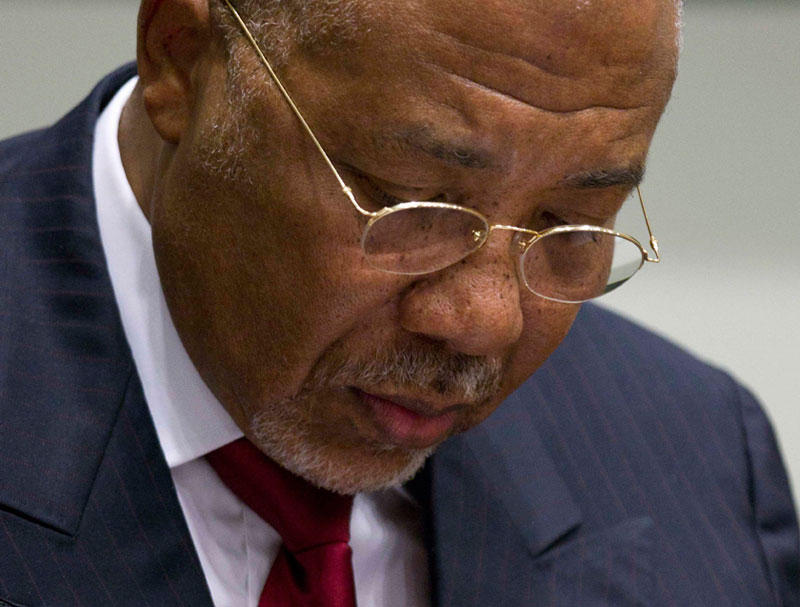
Last week I had the opportunity to join a panel discussion on the verdict in the trial of former Liberian President Charles Taylor, who was recently sentenced to 50 years in prison by the Special Court for Sierra Leone. The world is undoubtedly a better place with Taylor behind bars.
I started traveling to Liberia in 2004, not long after the end of its brutal series of civil wars driven in part by Taylor, and saw the destruction firsthand. The project I was working on was based in rural Lofa County, where some of the most intense fighting occurred and where there didn't seem to be a single structure with a roof still attached.
The conviction raises complex questions concerning justice and accountability well beyond Liberia and Sierra Leone. The fact that the Special Court is a hybrid effort between the Sierra Leonean government and the U.N., and not a purely international affair like the International Criminal Court (ICC), should not be overlooked. The ICC is frequently accused of disproportionately targeting Africa (a largely bogus claim, given that the majority of the ICC's cases in Africa were referred by the countries themselves). The incoming ICC prosecutor, Fatou Bensouda of the Gambia, has forcefully refuted these accusations. The Taylor verdict represents a victory for both international and Sierra Leonean justice, and perhaps a model for future hybrid efforts.
Another critique of the process leading to conviction is the cost. The Center for Global Development points out that the trial may have cost close to $250 million, while Sierra Leone spends roughly $13 million annually on its justice sector. This critique – and questions of whether the cost was worth it – ventures into broader and more complicated questions about the price tag for justice. Can a value be placed on how the verdict may help constrain future Taylors who fear a similar fate? Or on the relief felt by Taylor's victims and their families? On the latter, for Liberians the victory may only be partial given that Taylor's conviction is for activities in neighboring Sierra Leone, not at home in Liberia.
The verdict is also a reminder of the peace versus justice debate surrounding international justice efforts – the idea that in some instances, there exists a trade-off between trying to punish perpetrators for heinous crimes and ensure accountability on one hand, and building a durable peace on the other. To be sure, if it exists at all, this trade-off is only legitimate in certain settings, and present-day Liberia/Sierra Leone is not one of them. If anything, Taylor's conviction advances both justice and peace; the latter because there were concerns that, if he was found not guilty and released, he might have returned to the region to wreak more havoc.
But in contexts such as Sudan, where the president and other senior officials have been indicted by the ICC, and Kenya, where two likely candidates in the coming presidential elections are being investigated by the ICC for their roles in violence that followed the last elections, pursuing peace and justice simultaneously can be complicated, and sometimes impractical. Neither should be sacrificed for the cause of the other, but as the Taylor verdict shows, justice can take time.